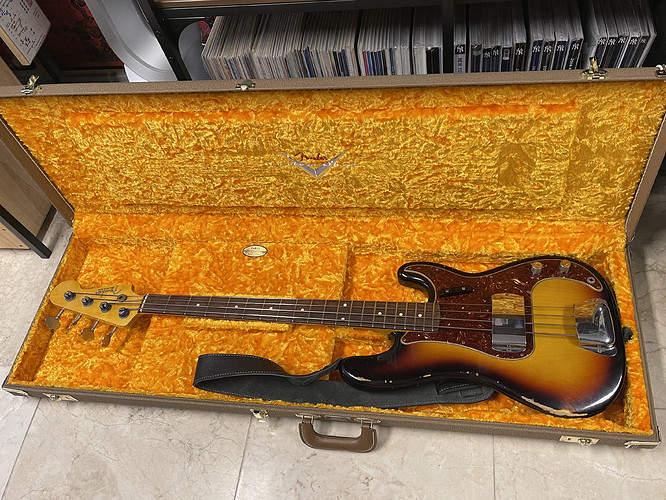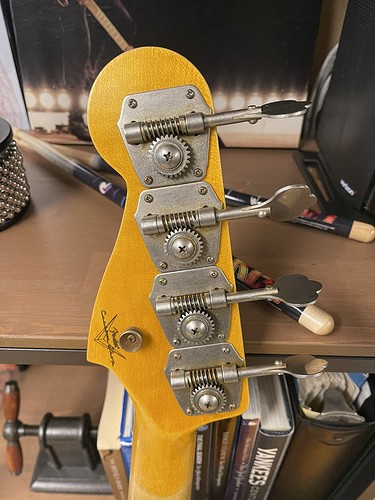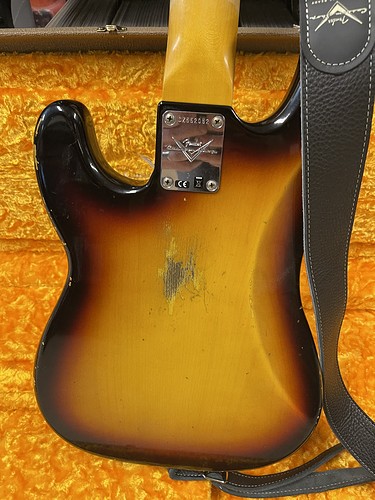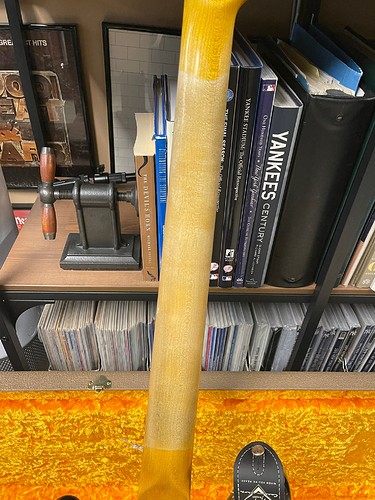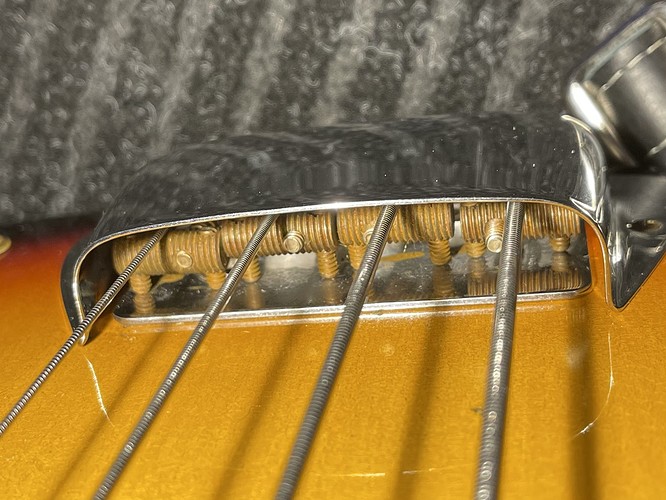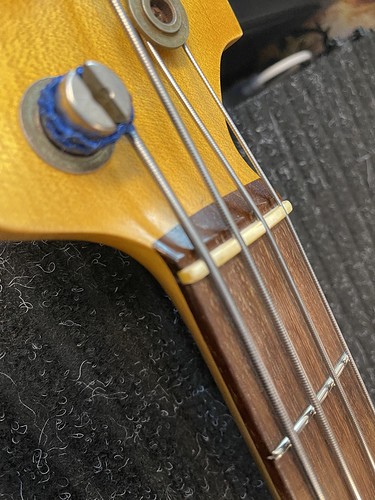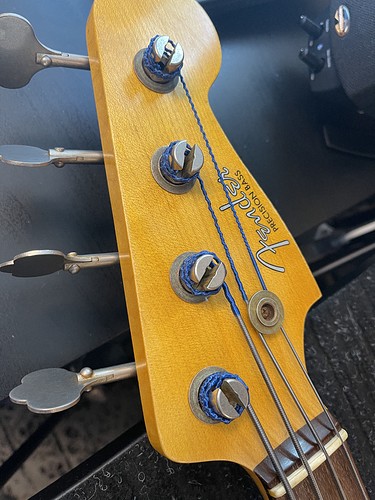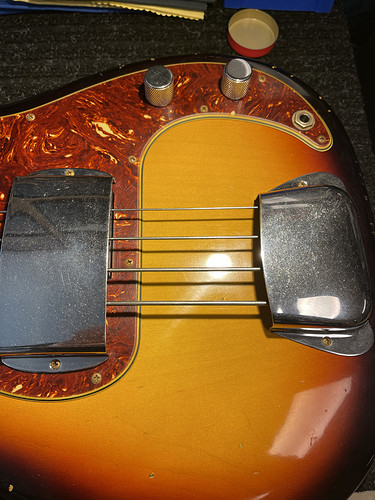Apologies straight off the bat to anyone who has ever shelled out the full asking price to Fender for one of their custom shop ‘creations’ but I’d love to hear from you, or anyone else, who has ever considered buying one of these. Full disclosure, I have never played one and I’m willing to accept it’s entirely possible if I ever do that I will have a lightbulb moment and understand why they cost so much. But I doubt it.
I’ve just idly been looking at a UK music shop website and they have a Pino Palladino precision bass for one English pound short of four grand. I love the description (which I assume Fender wrote):
“A Fender Custom Shop instrument is as good as it gets. You know it when you play one—it’s filled with intangible, electrifying elements that adds a new dimension to your playing experience. It’s as if the instrument itself is imbued with history, and is as close as it gets to an original build Fender from the Golden Era”.
By ‘intangible’ I imagine they mean you won’t be able to spot anything massively different from an £800 MIM but it will hopefully ‘feel’ more expensive.
Don’t get me wrong, I know you have to pay more for something ‘hand built’ but even a Mexican 50s classic player strat for £800 isn’t built by robot. It is still about a dozen components screwed together, just by someone who hasn’t worked for the company so long.
I can understand the craftsmanship in guitars with set neck or neck through designs but let’s face it, Fenders were designed to be easy to build. The whole concept of the bolt on neck was decided by Leo Fender because he wanted something simple that an owner could repair himself. I’ve built three ‘Fenders’ myself, including a supposed MIJ Telecaster that even fooled my guitar tech. It ain’t rocket science, so what do all these supposed ‘master builders’ bring to the table?
Like I said, that Palladino is up for £4000 and I even saw a reliced shell pink strat the other day for £7999 (twice the price so you don’t have to scratch it yourself). I’m prepared to admit it might be just me who doesn’t get it but I want the evidence. If I was shelling out that sort of money I’d want something truly handbuilt like a Fodera or Spector. At the very least if I still wanted a Fender-alike i’d go to someone like Lakin or Sadowsky who have truly put their stamp on the design rather than Fender who have only put a 400% mark up on theirs
Off my soapbox now, over to you…




